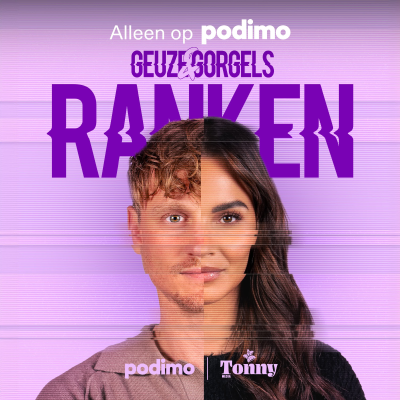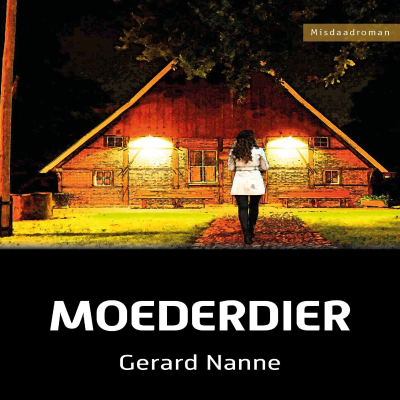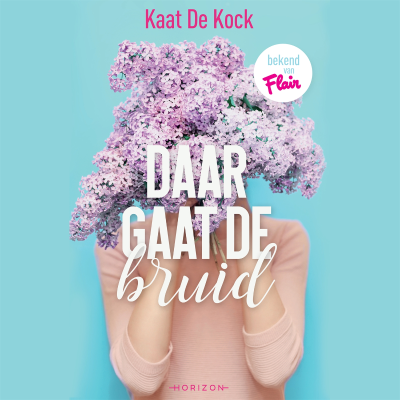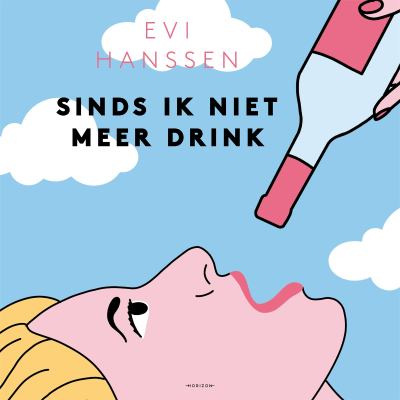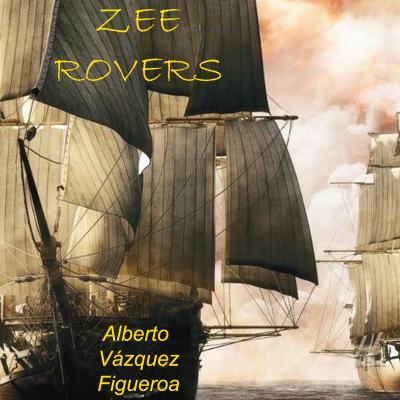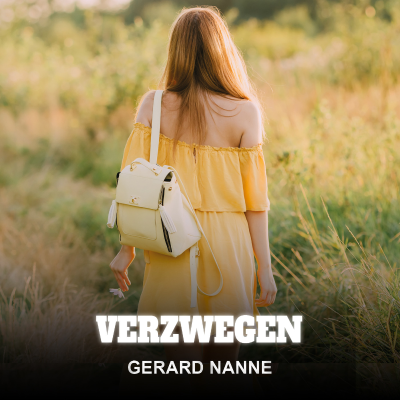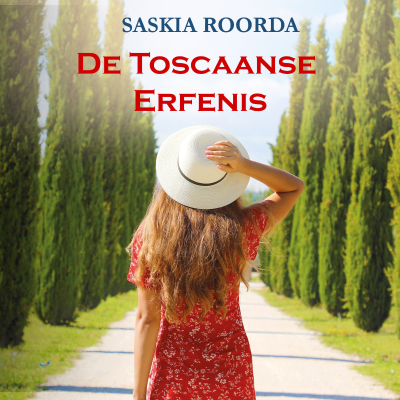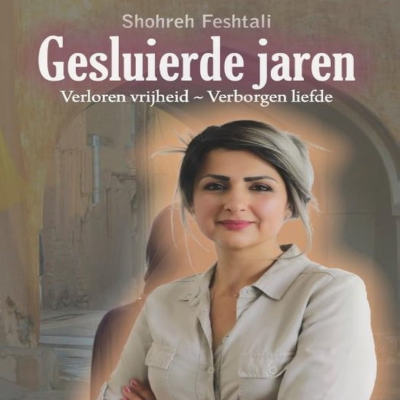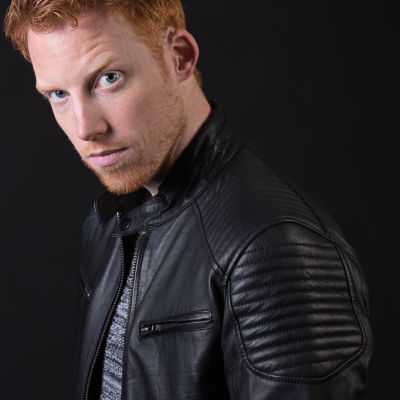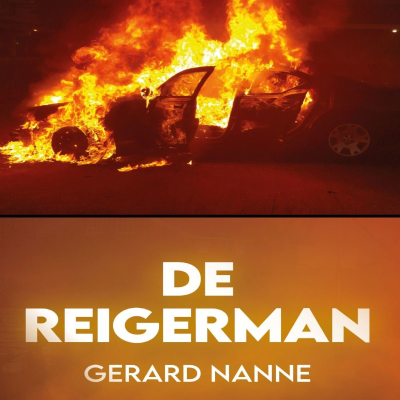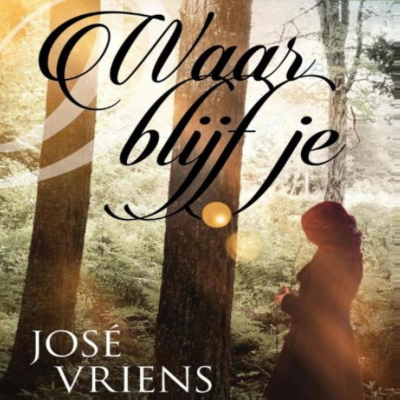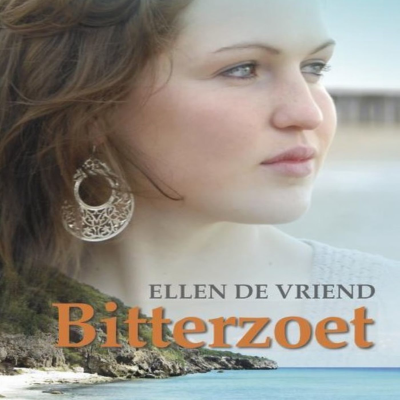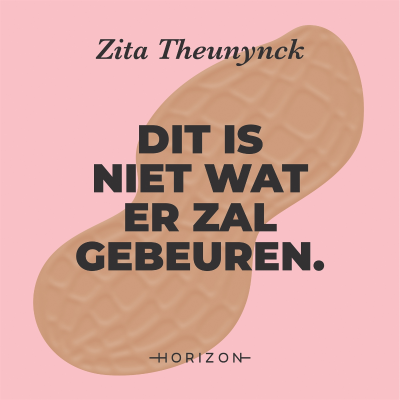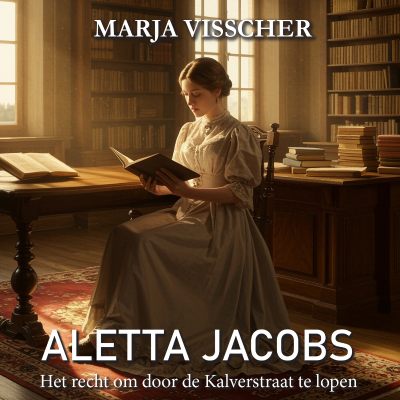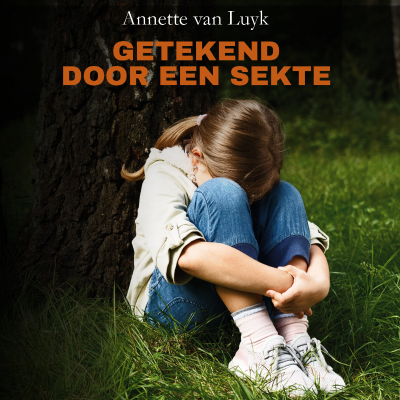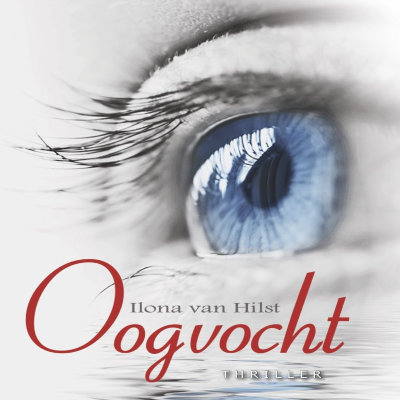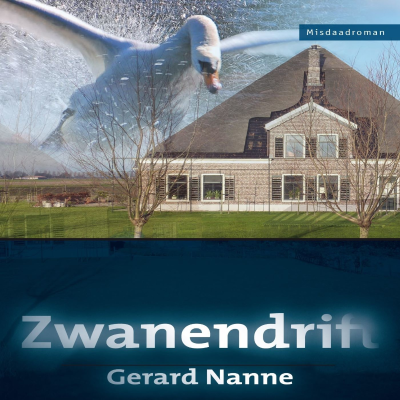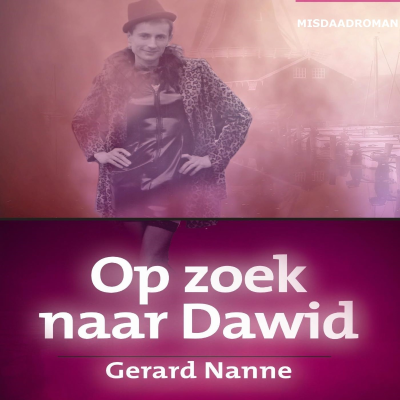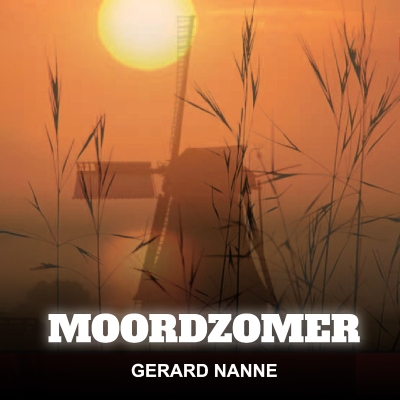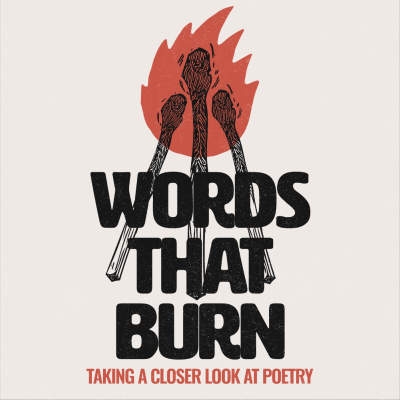
Words That Burn
Engels
Technologie en Wetenschap
Tijdelijke aanbieding
1 maand voor € 1
Daarna € 9,99 / maandElk moment opzegbaar.
- 20 uur luisterboeken / maand
- Podcasts die je alleen op Podimo hoort
- Gratis podcasts
Over Words That Burn
Are you curious about poetry but find it a bit intimidating? Tune into Words that Burn, the podcast that aims to demystify poetry, one captivating poem at a time.Hosted by Ben, an Irish poetry enthusiast, this podcast takes a closer look at the world of poetic expression and technique.Each episode offers a comprehensive analysis of a selected poem, exploring the poet's biography, the cultural and historical backdrop, and the literary techniques that make these works profoundly moving.Whether you're a seasoned poetry aficionado or a curious beginner, Words that Burn provides an engaging and approachable way to enhance your appreciation and understanding of poetry. Hosted on Acast. See acast.com/privacy for more information.
Alle afleveringen
86 afleveringenAn Interview with Irish Poet Clíodhna Bhreatnach
In this episode of Words That Burn, I'm joined by Irish poet Clíodhna Bhreatnach to discuss her debut pamphlet, Pink Roses and Green. Together, we chat about a collection that sits at the intersection of the "nine-to-five grind," Millennial burnout, and a deep, tactile longing for the natural world. Clíodhna breaks down her unique approach to the "Millennial Lyric"; moving away from the pastoral and into the office kitchenette. We discuss how she navigates the Post-Celtic Tiger landscape, using poetry to document the deformation of human time under late-stage capitalism. We cover other topics like: * The Romantic Office: Applying the philosophy of Keats and Wordsworth to photocopiers and Excel spreadsheets. * Digital Intimacy: Finding beauty in the "randomised screensavers" of Windows desktops. * The "Sick Addiction to Soft Things": Why tactile textures (paper, nature) are vital in a digital world. * Writers Groups: The importance of community (specifically the Frustrated Writers Group) in banishing impostor syndrome. REFERENCES & RECOMMENDATIONS: * Bandit Country by James Conor Patterson * Unstoppable Utopia by Cassandra Moss * The Perfect Season by Sean Pearson * The Lover's Discourse by Anahid Nersessian (Criticism on Keats) About the poet: Clíodhna Bhreatnach is from Waterford and lives in Dublin. Her poems have appeared in Poetry Ireland Review, The Stinging Fly, and The Forward Book of Poetry 2023. She has recently been awarded a Dublin City Council Arts Bursary for 2025. She is the former poetry editor of Frustrated Writers Group. Find the book and the poet: https://cliodhnabhreatnach.com [https://cliodhnabhreatnach.com/] https://greenbottlepress.com/product/pink-roses-green-by-cliodhna-bhreatnach/ [https://greenbottlepress.com/product/pink-roses-green-by-cliodhna-bhreatnach/] Follow the Podcast: Read the Interview on Substack [https://open.substack.com/pub/wordsthatburn/p/an-interview-with-irish-poet-cliodhna?r=th4eb&utm_campaign=post&utm_medium=web&showWelcomeOnShare=true] Follow the Podcast On Instagram [https://www.instagram.com/wordsthatburnpodcast/] Follow the Podcast on X/Twitter [https://twitter.com/wordsthatburn] Follow the Podcast on Tiktok [https://www.tiktok.com/@wordsthatburn2?lang=en] Follow the podcast on Bluesky [https://bsky.app/profile/wordsthatburn.bsky.social] ---------------------------------------- Hosted on Acast. See acast.com/privacy [https://acast.com/privacy] for more information.
This Living Hand by John Keats
For Halloween 2025, Words That Burn resurrects one of the most chilling poems in English literature: "This Living Hand" by John Keats. This short, macabre poem wasn't published until 77 years after Keats's death, making it feel like a genuine message from beyond the grave. In this special episode, we explore the poem's dark, gothic imagery and the terrifying "strange bargain" it offers the reader. We dissect its uncanny duality, its sense of dread, and the horrifying biographical context of Keats's final days; a "posthumous existence" of body horror that forged this masterpiece. I look at the poem's vampiric mechanism and Keats's desperate plea, not only for a transfusion of life, but for the artistic immortality he feared he'd never achieve. This episode covers: * The dark history of Keats's "This Living Hand." * How Keats's embrace of darkness ("the burden of mystery") set him apart from other Romantic poets. * A close reading of the poem's body horror, from "earnest grasping" to the "icy silence of the tomb." * The link between Keats's final, agonising days and the poem's "vampiric" plea for life. * Why this poem is a perfect, terrifying read for the Halloween season. Follow the Podcast: Read the Script on Substack [https://open.substack.com/pub/wordsthatburn/p/this-living-hand-by-john-keats?r=th4eb&utm_campaign=post&utm_medium=web&showWelcomeOnShare=true] Follow the Podcast On Instagram [https://www.instagram.com/wordsthatburnpodcast/] Follow the Podcast on X/Twitter [https://twitter.com/wordsthatburn] Follow the Podcast on Tiktok [https://www.tiktok.com/@wordsthatburn2?lang=en] Follow the podcast on Bluesky [https://bsky.app/profile/wordsthatburn.bsky.social] The Music In This Week's Episode: 'Soul Searcher' by Scott Buckley - released under CC-BY 4.0. www.scottbuckley.com.au ---------------------------------------- Hosted on Acast. See acast.com/privacy [https://acast.com/privacy] for more information.
Rain by Raymond Carver
Ever woken up to rain and felt the urge to stay in bed all day? On this episode of Words That Burn "Rain" by Raymond Carver. This is a poem that seems ideally suited to September, exploring that universal feeling of surrendering to the weather and the comfort of your own bed. Over the course of the episode I'll explore how Carver, a titan of the American short story, applies his signature "dirty realism" and sparse prose to his first love: poetry. We'll break down "Rain" stanza by stanza, examining the masterful techniques like enjambment and a staccato rhythm that turn a simple scene into a profound meditation on life. To truly understand this poem, you have to understand the man. I look back into Raymond Carver's difficult life; his blue-collar struggles, his battle with alcoholism, and the cancer diagnosis that shaped his final years. Discover how his personal tragedies fuel the poem's stunning final lines about "unforgivable mistakes" and the resolute desire to live it all again. In this episode, you will learn about: * Raymond Carver's poetic style: How his minimalist approach in short stories translates to his poetry. * Literary Analysis of "Rain": A line-by-line breakdown of imagery, structure, and rhythm. * The Power of Immediacy: How Carver uses techniques like pronoun omission to pull you directly into the experience. * Roland Barthes' "Punctum": We apply this photographic theory to understand how Carver creates moments of startling emotional impact that "puncture" the ordinary. * The Link Between Carver's Life and Art: How understanding his biography is essential to interpreting his work on regret, mortality, and acceptance. 00:00 Poetry Reading 00:36 Introduction to Words That Burn 01:47 Exploring Raymond Carver's Poetry 02:59 Carver's Writing Style and Techniques 03:46 The Struggles and Inspirations of Raymond Carver 05:08 Analysing 'Rain' by Raymond Carver 15:32 The Impact of Carver's Life on His Poetry 19:25 Final Thoughts Follow the Podcast: Read the Script on Substack [https://open.substack.com/pub/wordsthatburn/p/rain-by-raymond-carver?r=th4eb&utm_campaign=post&utm_medium=web&showWelcomeOnShare=true] Follow the Podcast On Instagram [https://www.instagram.com/wordsthatburnpodcast/] Follow the Podcast on X/Twitter [https://twitter.com/wordsthatburn] Follow the Podcast on Tiktok [https://www.tiktok.com/@wordsthatburn2?lang=en] Follow the podcast on Bluesky [https://bsky.app/profile/wordsthatburn.bsky.social] The Music In This Week's Episode: 'Incredulity' by Scott Buckley - released under CC-BY 4.0. www.scottbuckley.com.au ---------------------------------------- Hosted on Acast. See acast.com/privacy [https://acast.com/privacy] for more information.
The Language Ban by Annemarie Ní Churreáin
This week on Words That Burn, we delve into the powerful and moving poem "The Language Ban" from Annemarie Ní Churreáin's acclaimed 2021 collection, The Poison Glen. Join me as we explore the hidden history of Irish Sign Language (ISL) and the devastating impact of its suppression. Discover the story of St. Joseph's School for Deaf Boys in Cabra, Dublin, and how the controversial 1880 Milan Conference led to a policy of "Oralism," forcing a spoken language upon deaf children and branding their native sign language as shameful. I'll unpack Ní Churreáin's potent imagery, from the "state makers" who "banished" the signs to the demonisation of the hand itself within a deeply religious and colonial context. This episode explores: * The dark history behind The Poison Glen and its connection to Irish folklore and the suppression of a nation's past. * The crucial difference between Irish Sign Language (ISL) and other sign languages, and how it evolved uniquely within Irish culture. * The devastating impact of the Milan Conference and the enforcement of Oralism on the Irish deaf community. * The parallels between the suppression of ISL and the historical attempts to eradicate the Irish language (Gaeilge), including the use of the "tally stick." * A deep-dive analysis of Annemarie Ní Churreáin's "The Language Ban," examining its structure, folkloric references (the hawthorn and the Salmon of Knowledge), and its powerful conclusion on the "forced grammar" imposed on a community. Join the conversation as we discuss how poetry can unearth forgotten histories and give voice to the silenced. This is essential listening for anyone interested in Irish history, poetry, disability studies, and the enduring power of language. Follow the Podcast: Read the Script on Substack [https://open.substack.com/pub/wordsthatburn/p/the-language-ban-by-annemarie-ni?r=th4eb&utm_campaign=post&utm_medium=web&showWelcomeOnShare=true] Follow the Podcast On Instagram [https://www.instagram.com/wordsthatburnpodcast/] Follow the Podcast on X/Twitter [https://twitter.com/wordsthatburn] Follow the Podcast on Tiktok [https://www.tiktok.com/@wordsthatburn2?lang=en] Follow the podcast on Bluesky [https://bsky.app/profile/wordsthatburn.bsky.social] The Music In This Week's Episode: 'Incredulity' by Scott Buckley - released under CC-BY 4.0. www.scottbuckley.com.au ---------------------------------------- Hosted on Acast. See acast.com/privacy [https://acast.com/privacy] for more information.
Door On The Road by Mosab Abu Toha
Donation Link: Ireland Palestine Solidarity Campaign: http://www.ipsc.ie/support/donate [http://www.ipsc.ie/support/donate] In this episode of Words That Burn, I take a closer look at "Door on the Road," by Palestinian poet Mosab Abu Toha. The poem opens with the aftermath of an explosion in a refugee camp, where a fallen door becomes a grave marker for a young man whose only remaining connection to his past is a worn key — the key to his family’s lost home in Yaffa. As I unpack the powerful imagery in Abu Toha’s work, I explore how everyday objects like doors and keys become symbolic vessels for profound loss, memory, and hope in the context of forced displacement. I also delve into the historical significance of Yaffa, a once-thriving Palestinian city now largely inaccessible to its original inhabitants, and how the city’s erasure is mirrored in the poem’s narrative. Throughout the episode, I draw connections between the poem and Abu Toha’s 2024 poetry collection Forest of Noise, a body of work that documents life in Gaza through stark, evocative imagery and deeply personal narratives. I discuss how the collection uses poetry as a means of bearing witness to everyday atrocities and preserving cultural memory amidst conflict. 00:00 The Poem 01:14 Introduction to Words That Burn Podcast 01:26 Support for Palestine 02:52 Mosab Abu Toha: A Witness Poet 06:27 Analyzing 'Door on the Road' 08:02 The Symbolism of the Door 14:02 The Key to Yaffa 22:10 The Tragic Reality of Palestinian Life 27:11 Final Thoughts and Call to Action Follow Mosab Abu Toha [https://www.instagram.com/mosab_abutoha/?hl=en] Follow the Podcast: Read the Script on Substack [https://open.substack.com/pub/wordsthatburn/p/door-on-the-road-by-mosab-abu-toha?r=th4eb&utm_campaign=post&utm_medium=web&showWelcomeOnShare=true] Follow the Podcast On Instagram [https://www.instagram.com/wordsthatburnpodcast/] Follow the Podcast on X/Twitter [https://twitter.com/wordsthatburn] Follow the Podcast on Tiktok [https://www.tiktok.com/@wordsthatburn2?lang=en] Follow the podcast on Bluesky [https://bsky.app/profile/wordsthatburn.bsky.social] The Music In This Week's Episode: 'Echoes' by Scott Buckley - released under CC-BY 4.0. www.scottbuckley.com.au ---------------------------------------- Hosted on Acast. See acast.com/privacy [https://acast.com/privacy] for more information.
Kies je abonnement
Tijdelijke aanbieding
Premium
20 uur aan luisterboeken
Podcasts die je alleen op Podimo hoort
Gratis podcasts
Elk moment opzegbaar
1 maand voor € 1
Daarna € 9,99 / maand
Premium Plus
Onbeperkt luisterboeken
Podcasts die je alleen op Podimo hoort
Gratis podcasts
Elk moment opzegbaar
Probeer 30 dagen gratis
Daarna € 11,99 / month
1 maand voor € 1. Daarna € 9,99 / maand. Elk moment opzegbaar.
